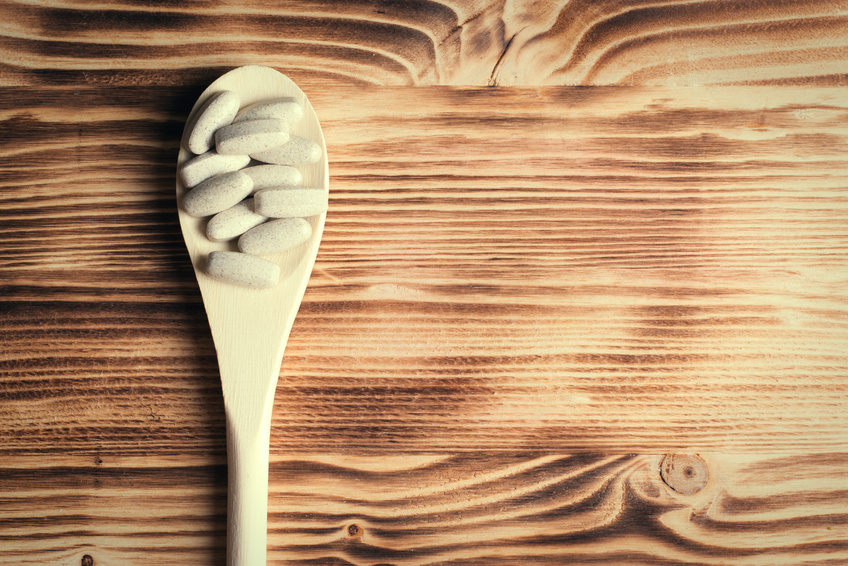A war of words is being waged over the alleged impurities and mislabeled ingredients in dietary and herbal supplements. The industry itself is a big business. According to a Canadian government study, over 150 million Americans used herbal supplements in 2013. That same year the estimated total sales of herbal supplements came up to $6 billion. While the profitability of the industry may come as no surprise to those with herbal supplement merchant accounts, to the average consumer these numbers might be eye-popping. The issue being debated is whether manufacturers, not merchants, are being as forthright as they claim about what exactly is going into these herbal supplements.
It’s no secret that US Food and Drug Administration has lax rules and regulations regarding herbal supplements. The rigorous testing performed for prescription drugs is not required for herbal remedies. Without that strict oversight and approval process, some wiggle room is given to the manufacturers that some claim is being abused.
DNA testing of herbal products in New York and other states have revealed that a startling number of herbal supplements aren’t what they say they are. Mixtures such as pine and rice powder pose as ginseng. Manufacturing quality and practices aren’t up to snuff. Yet, without any Federal oversight or input on the industry, merchants and consumers are left to their own devices as to the legitimacy of some of the products.
Some states, like New York, have undertaken it themselves to use DNA testing to verify or expose products with questionable labeling and ingredients. Yet, the herbal supplement industry and even some scientists are fighting back. DNA testing is debated in regards to its scientific validity as a testing method. The FDA, for one, doesn’t use it. Manufacturers argue that DNA testing is not a valid or even the right method for testing products.
The problem with DNA testing is that it cannot penetrate complex herbal extracts. The complex extracts can baffle and dupe the DNA testing due to their complexity causing, on occasion, erroneous results.
The debate about testing methods and verification could be erased with more regulation from the FDA. But, the industry is wary of the repercussions that could mean for all parties involved. Manufacturers, merchants, and consumers alike would be impacted by increased regulation. But, one thing is for sure, without the FDA setting the bar somewhere, hot debate over the testing methods used on herbal supplements will continue.


